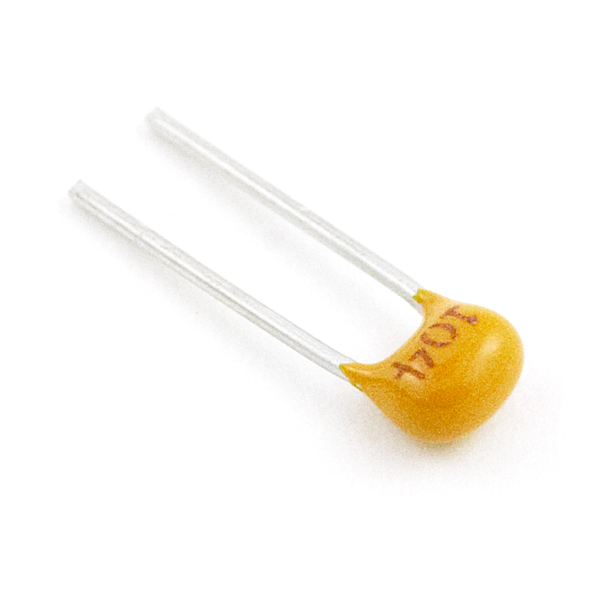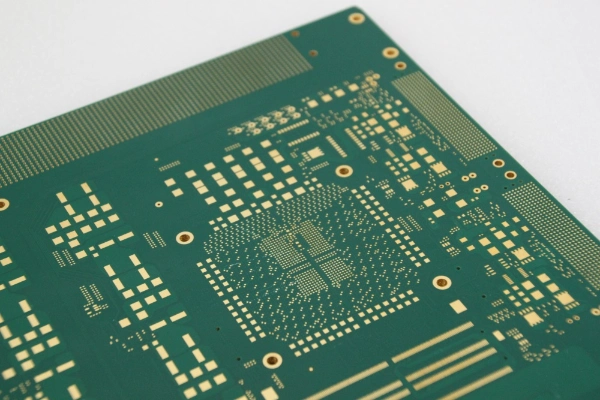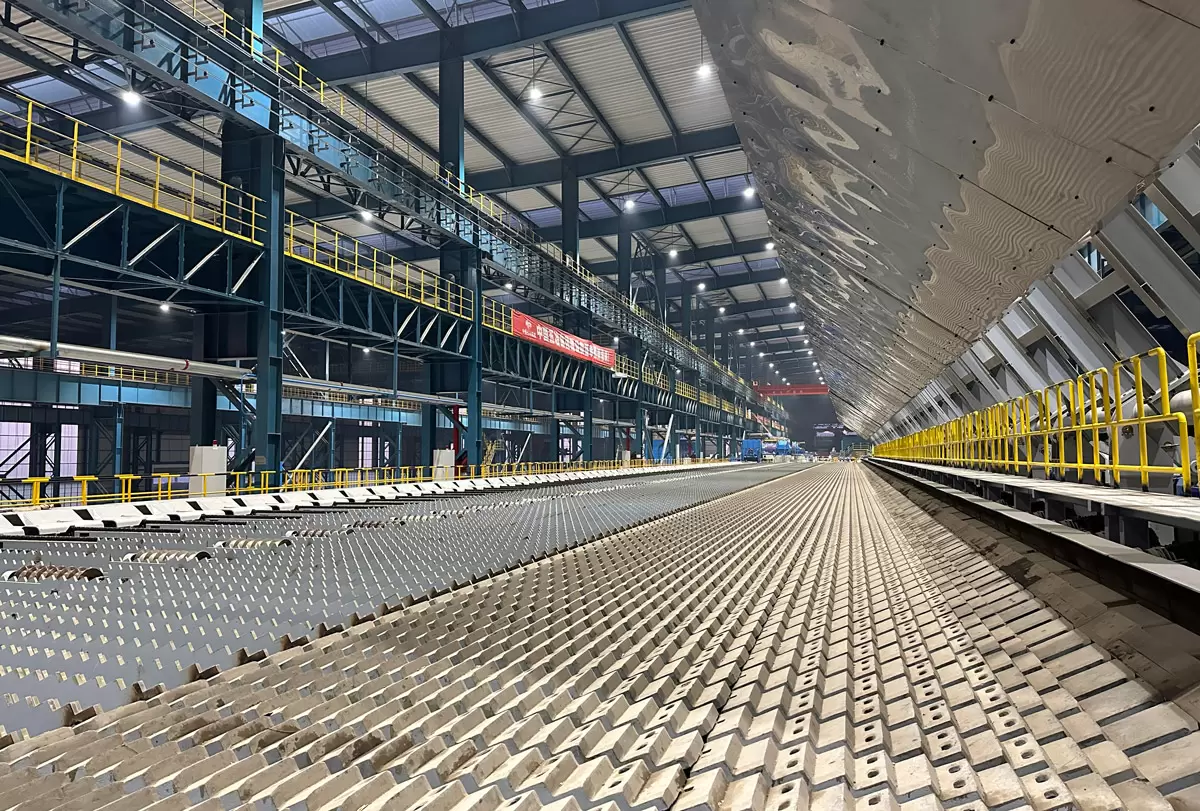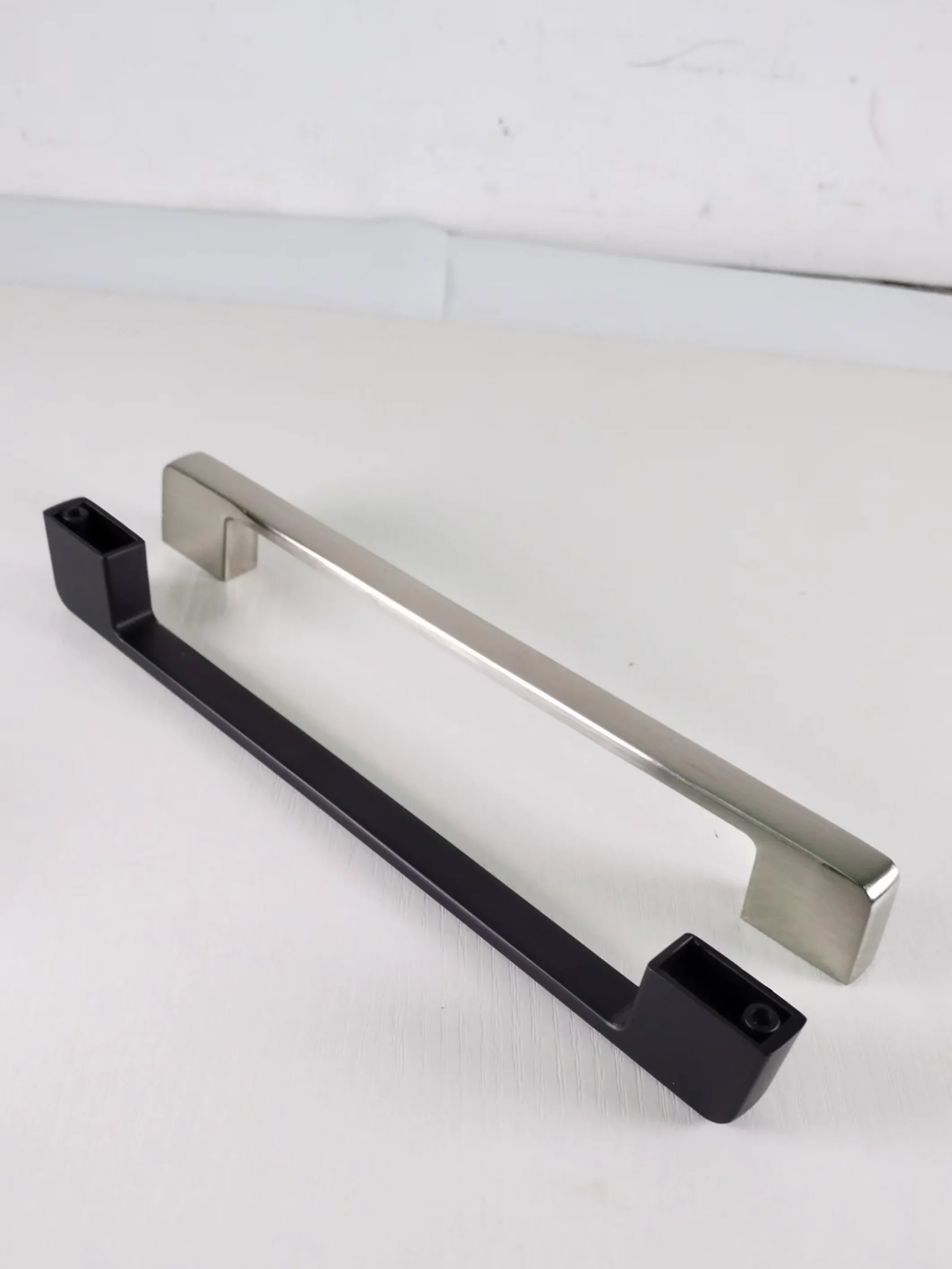
Capacitors are fundamental components in electrical circuits, playing a crucial role in storing and releasing electrical energy. However, a common question that arises is whether capacitors require alternating current (AC) or direct current (DC) to function effectively. In this article, we will delve into the intricacies of capacitors and explore their relationship with both AC and DC power sources.
Understanding Capacitors:
Before we address the AC-DC conundrum, let's briefly review the basics of capacitors. A capacitor consists of two conductive plates separated by an insulating material known as a dielectric. When a voltage is applied across the plates, an electric field is established, causing the accumulation of charge on each plate. This stored charge allows capacitors to store electrical energy.
Capacitors and Direct Current (DC):
In DC circuits, the voltage remains constant over time, flowing in a single direction. Capacitors can indeed be used in DC circuits, primarily serving two purposes: smoothing and energy storage. When connected in parallel with a load, capacitors act as smoothing filters, reducing voltage fluctuations and ensuring a more stable output. Additionally, capacitors can store energy in DC circuits, releasing it when needed, such as in flash cameras or power backup systems.
Capacitors and Alternating Current (AC):
Unlike DC, AC circuits involve a continuously changing voltage that alternates in direction. Capacitors also find extensive applications in AC circuits, serving different functions. One such application is power factor correction, where capacitors are used to counteract the reactive power caused by inductive loads. By introducing capacitive reactance, the power factor is improved, leading to more efficient power usage.
Another crucial application of capacitors in AC circuits is as coupling and decoupling devices. Capacitors allow the transmission of AC signals while blocking DC components, enabling the separation of audio or video signals from the DC bias. This functionality is vital in audio amplifiers, radio receivers, and many other electronic devices.
AC vs. DC Capacitors:
While capacitors can function in both AC and DC circuits, it is important to note that not all capacitors are created equal. Different types of capacitors are designed to handle specific voltage and frequency ranges. Electrolytic capacitors, for instance, are commonly used in DC circuits due to their high capacitance values and ability to handle higher voltages. On the other hand, film capacitors are often preferred in AC circuits due to their low losses and excellent frequency response.
Conclusion:
In conclusion, capacitors are versatile components that can be effectively utilized in both AC and DC circuits. Their ability to store and release electrical energy makes them indispensable in various applications. Whether it is smoothing voltage fluctuations in DC circuits or improving power factor in AC circuits, capacitors play a vital role in ensuring efficient and reliable electrical systems. So, the next time you encounter the AC-DC conundrum, remember that capacitors are adaptable and can seamlessly integrate into both types of circuits.





